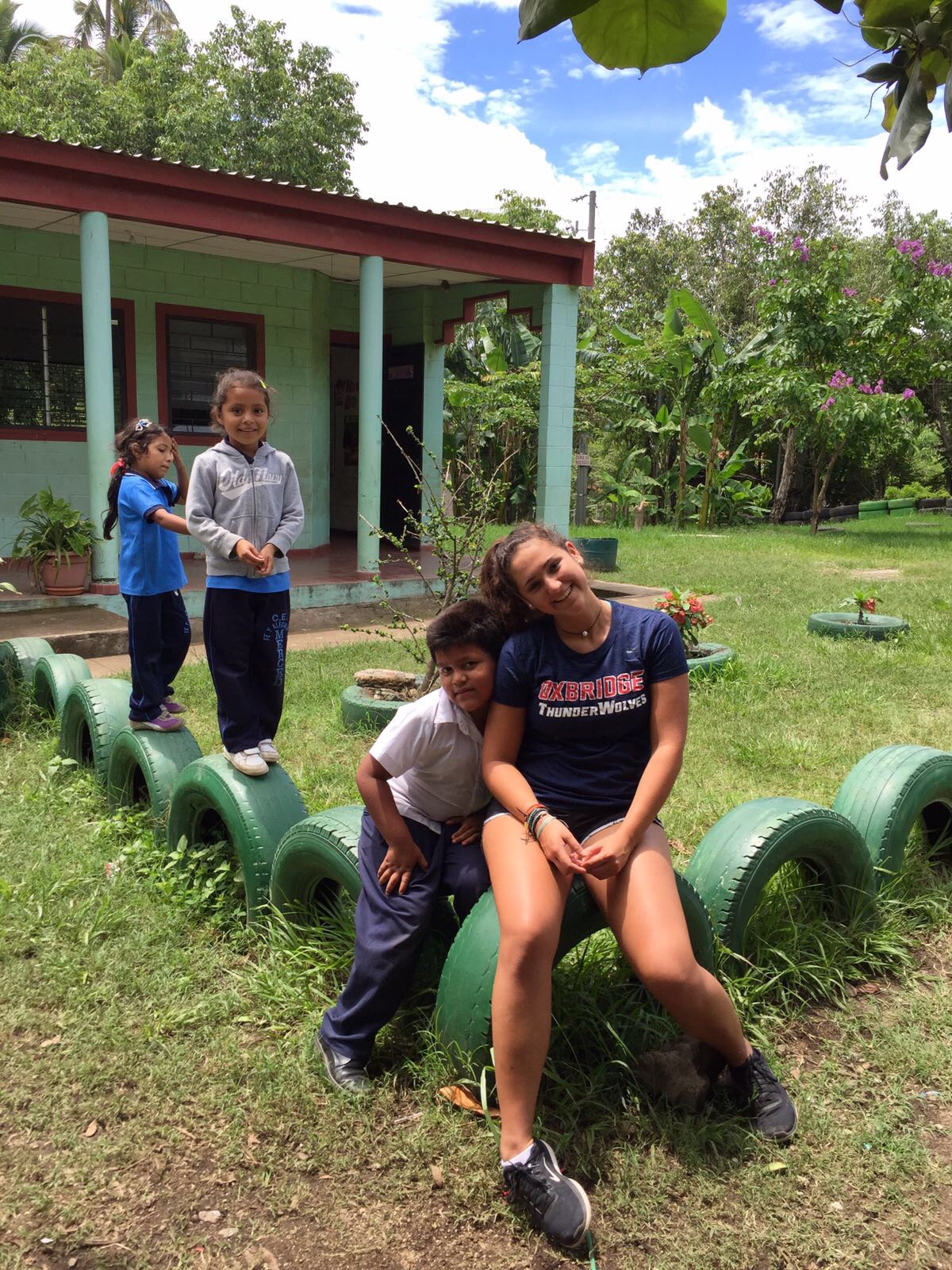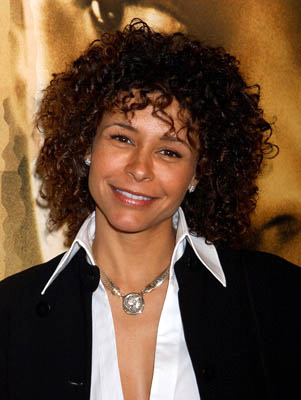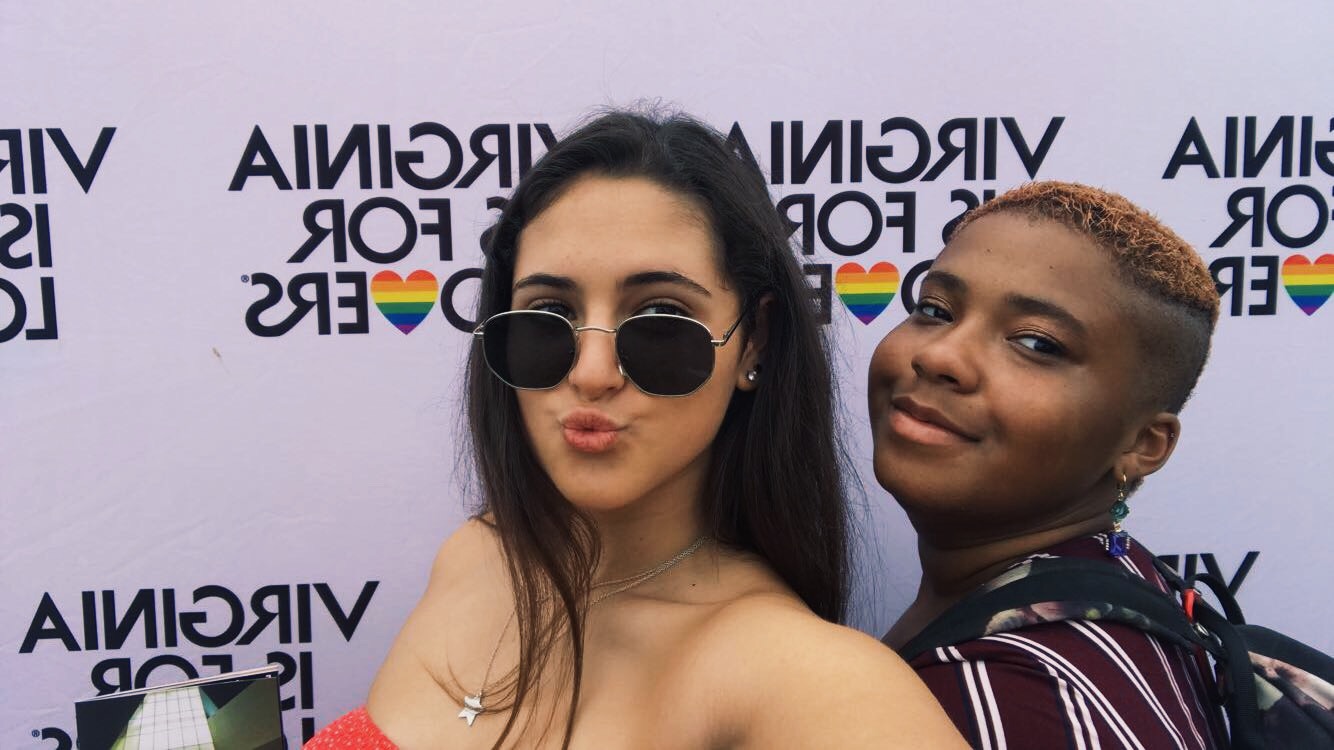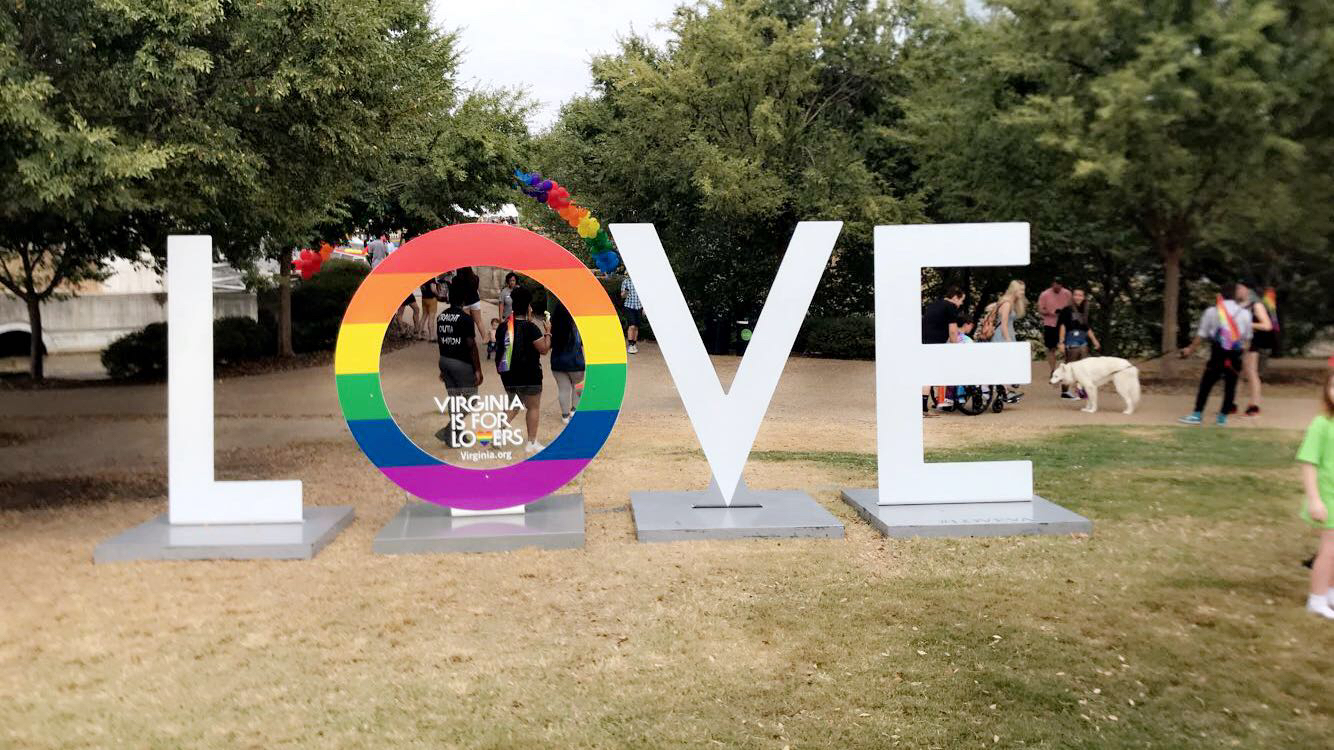For this story, I wanted to show something that is EXTREMELY near and dear to my heart. I wrote this wanting to relay a heartfelt message that I hope my readers feel, as well.
I’m proud to call a third world country my second home. El Salvador, the smallest country in Central America, is where my mother was born, where she grew up, and where most of my family still resides today. However, my mother was one of the fortunate few to escape the dire poverty I cannot overlook each summer when I visit. My grandpa, Antonio Cabrales, bought an island in El Salvador, in 1971, naming it “Isla Teopan.” “Teo” means God in the Mayan language, and “Pan” is a place of resting: together they make the resting place of the Lord.  One of the most eye-opening moments is driving down the bumpy dirt road to get to the island. The narrow road is lined with people selling their latest catch, tortillas, fresh coconuts, and other fruits. Trash piled on the sides of the road, dogs starved and deserted, families waiting for any car to stop by and pay a dollar to make their week, this is the road to get to my home. Adults and children, young and old, walk these roads covered in dust, while our cars roll toward the Teopan gate where the ferry awaits to take us to the island. As soon as I board the ferryboat, I happily greet the two workers who have been there since I was a little girl. Getting off, I roll my window down and stick my head out, breathing in the fresh air. From then on, every morning, the sound of the chachalaca wakes me with its raucous call. Whether it be swimming in the freshwater, jet skiing around the island, or going on our boat, I feel an overwhelming sense of belonging. These cherished moments, however, don’t allow me to forget about the poverty I witness when I’m there. Rather, they have driven me to take action whenever I visit.
One of the most eye-opening moments is driving down the bumpy dirt road to get to the island. The narrow road is lined with people selling their latest catch, tortillas, fresh coconuts, and other fruits. Trash piled on the sides of the road, dogs starved and deserted, families waiting for any car to stop by and pay a dollar to make their week, this is the road to get to my home. Adults and children, young and old, walk these roads covered in dust, while our cars roll toward the Teopan gate where the ferry awaits to take us to the island. As soon as I board the ferryboat, I happily greet the two workers who have been there since I was a little girl. Getting off, I roll my window down and stick my head out, breathing in the fresh air. From then on, every morning, the sound of the chachalaca wakes me with its raucous call. Whether it be swimming in the freshwater, jet skiing around the island, or going on our boat, I feel an overwhelming sense of belonging. These cherished moments, however, don’t allow me to forget about the poverty I witness when I’m there. Rather, they have driven me to take action whenever I visit.
As I walked into one of the schools surrounding the lake, I was immediately astounded by the underprivileged conditions. I saw children, from kindergarten to ninth grade, playing kickball on the cement. The paint on the buildings was badly discolored; tile on the ground was eroding; and chairs and tables were surrounded by mounds of dirt and overgrown vines. Arriving at one of the first-grade classrooms, I was introduced to the children sitting in their rickety wooden chairs. I stood in front of thirty eager first graders and read, in Spanish, “Tacky the Penguin,” a story about an odd penguin who does what he wants to do, despite sticking out from the other penguins and being different. By the end of the book, as I helped them in a follow-up activity, I wondered what would allow the children to be different, to move beyond their life of poverty. I’ll never forget a seven-year-old Stephen. He followed me out of the first-grade classroom, holding onto my leg, as I asked him more about himself. We sat on a hot tire next to what seemed to be the playground, and he began to tell me about the long walk he took to school by himself every morning, how he doesn’t have a father, how his home is filled with his six siblings, and he spends the night on a blanket on the floor. He loves school. He told me he is sad when it downpours, and the roads are filled with mud and rocks that have fallen down from the mountains, making it impossible for him to get there. As he talked more, I struggled with the conflicting feelings of sadness and contentment that my second home produces. Every time I visit, I realize how fortunate I am to be safe, healthy, and comfortable on the island; but I feel compelled to spend some of my time helping these young people who might never get the chance to live my fortunate life in El Salvador.
He told me he is sad when it downpours, and the roads are filled with mud and rocks that have fallen down from the mountains, making it impossible for him to get there. As he talked more, I struggled with the conflicting feelings of sadness and contentment that my second home produces. Every time I visit, I realize how fortunate I am to be safe, healthy, and comfortable on the island; but I feel compelled to spend some of my time helping these young people who might never get the chance to live my fortunate life in El Salvador.
 My reaction to this is completely different from someone who doesn’t know someone who is illegally crossing or someone who made the journey successfully. This relates to the concept of polysemy from chapter 8 that talks about different people having multiple meanings from the media and how they coexist together. All in all, I think having these differing views on media and having the ability to critique media is the most important tool that ties back to Stuart Hall and Croteau and Hoynes.
My reaction to this is completely different from someone who doesn’t know someone who is illegally crossing or someone who made the journey successfully. This relates to the concept of polysemy from chapter 8 that talks about different people having multiple meanings from the media and how they coexist together. All in all, I think having these differing views on media and having the ability to critique media is the most important tool that ties back to Stuart Hall and Croteau and Hoynes.
 a, destabilizing gender stereotypes in the high held position in the media industry. Robert Townsend, American director and actor, decentered the idea of whiteness at the end of the movie when Nisi and Mickey don’t accept the money from Mr. B. This humble act teaches the audience about the marginalized space that the girls were coming from, but ultimately, this idea was disrupted to create an ending that is representative of black joy.
a, destabilizing gender stereotypes in the high held position in the media industry. Robert Townsend, American director and actor, decentered the idea of whiteness at the end of the movie when Nisi and Mickey don’t accept the money from Mr. B. This humble act teaches the audience about the marginalized space that the girls were coming from, but ultimately, this idea was disrupted to create an ending that is representative of black joy. 




